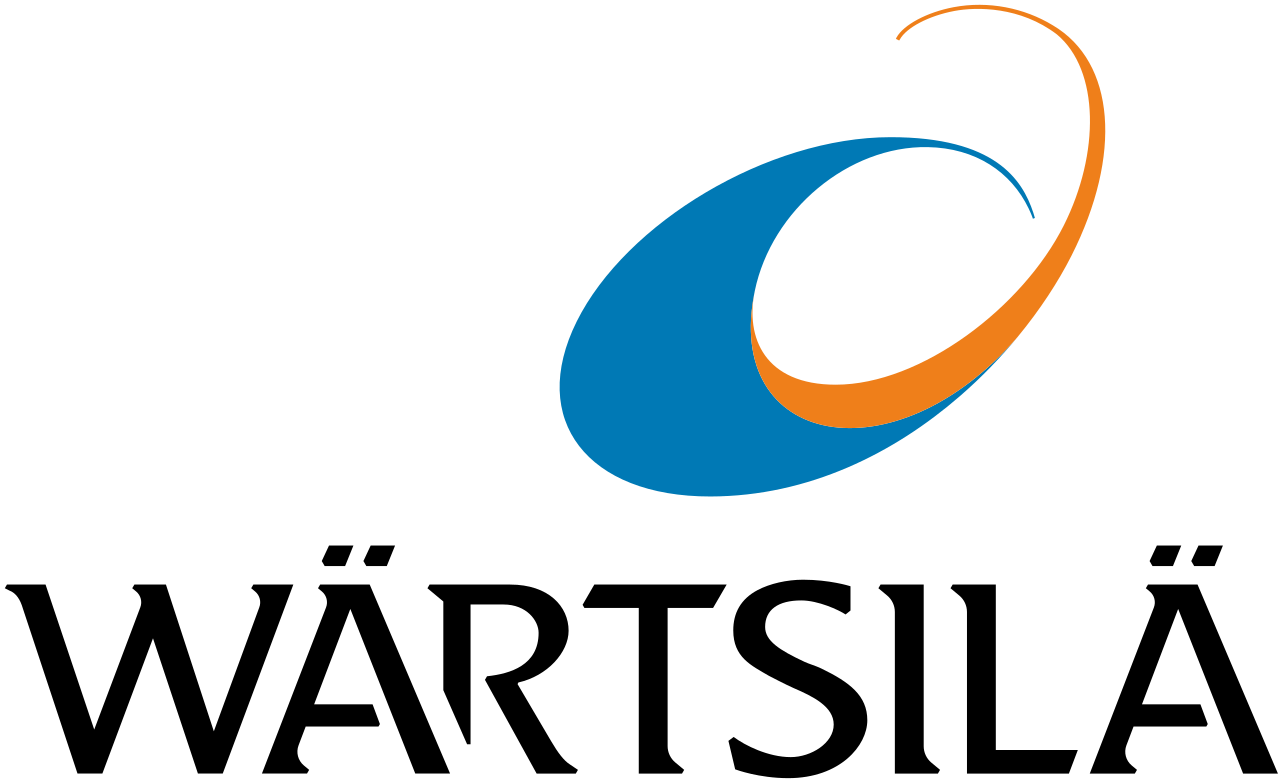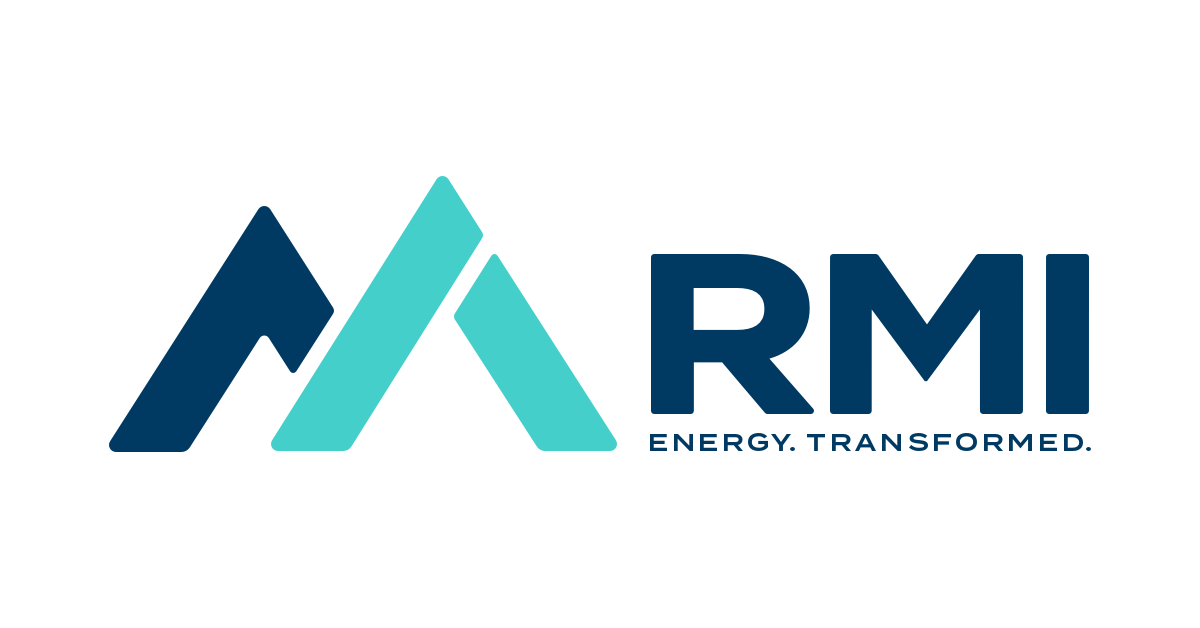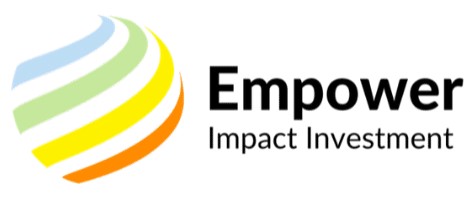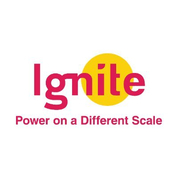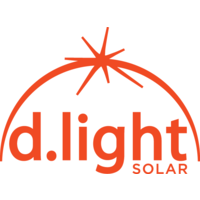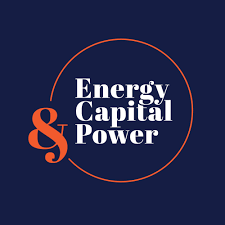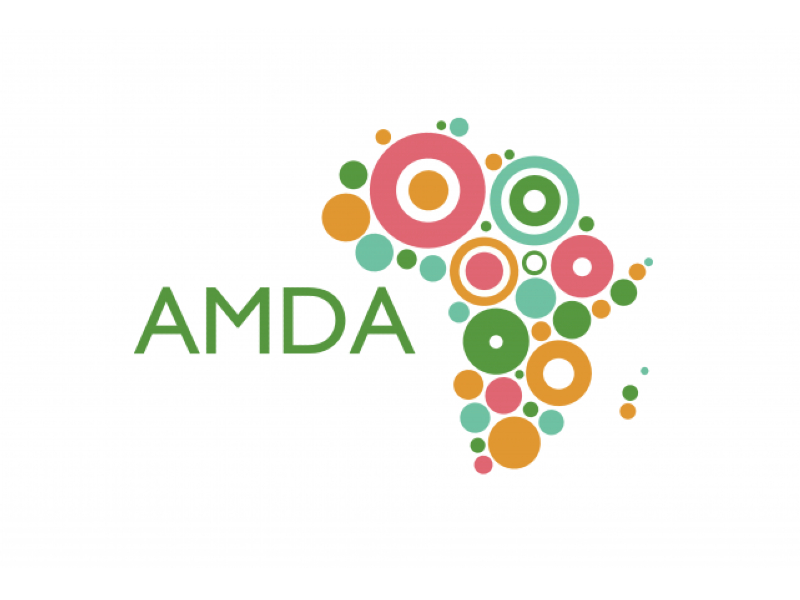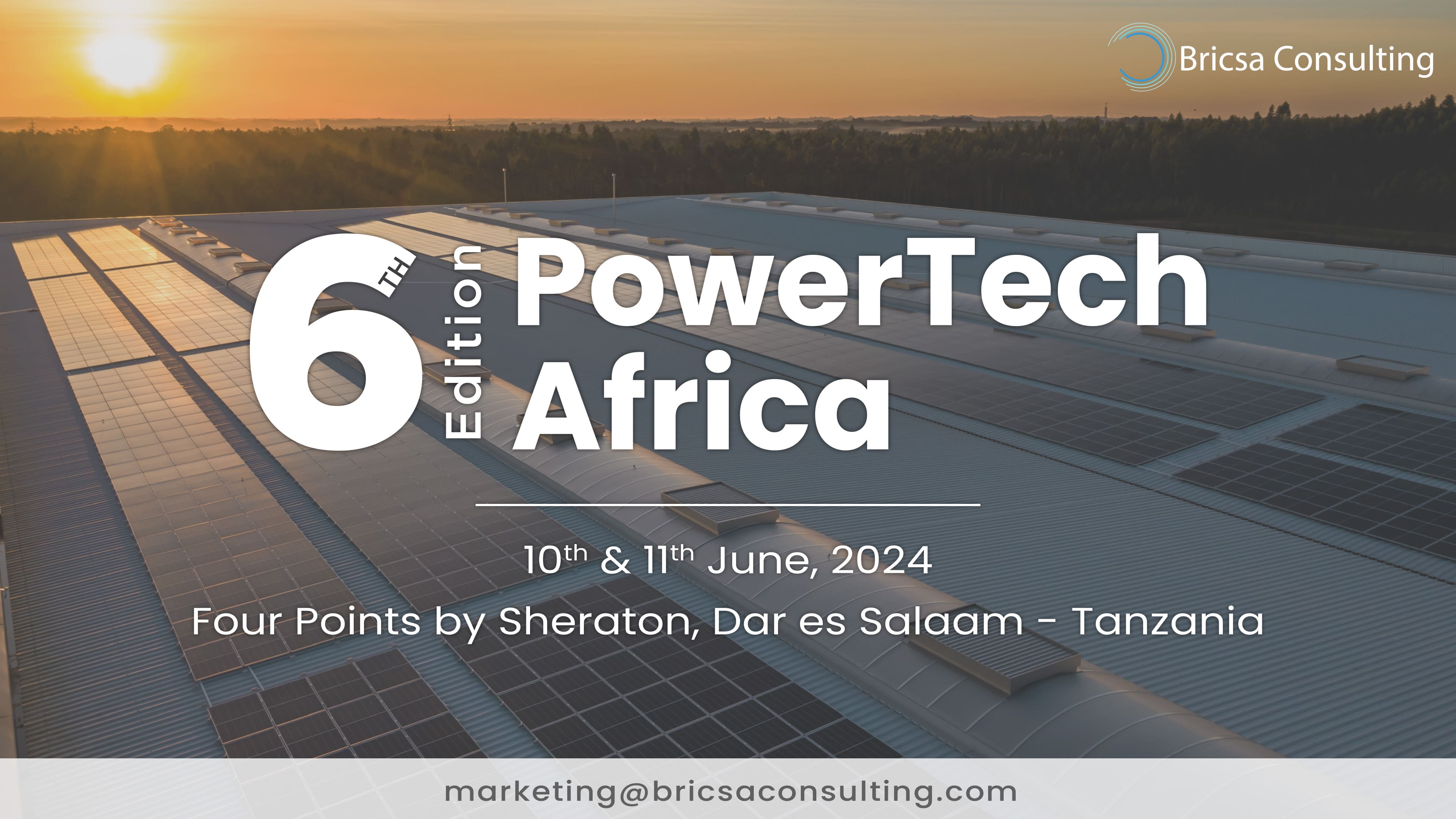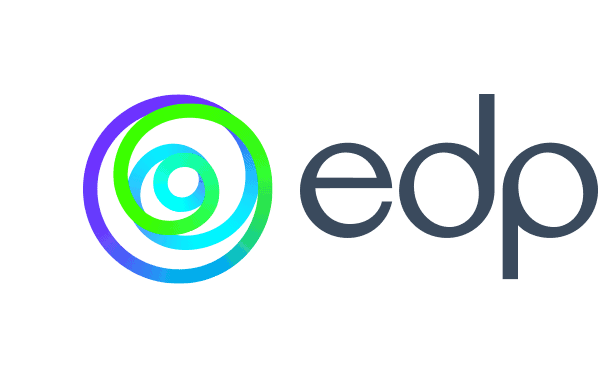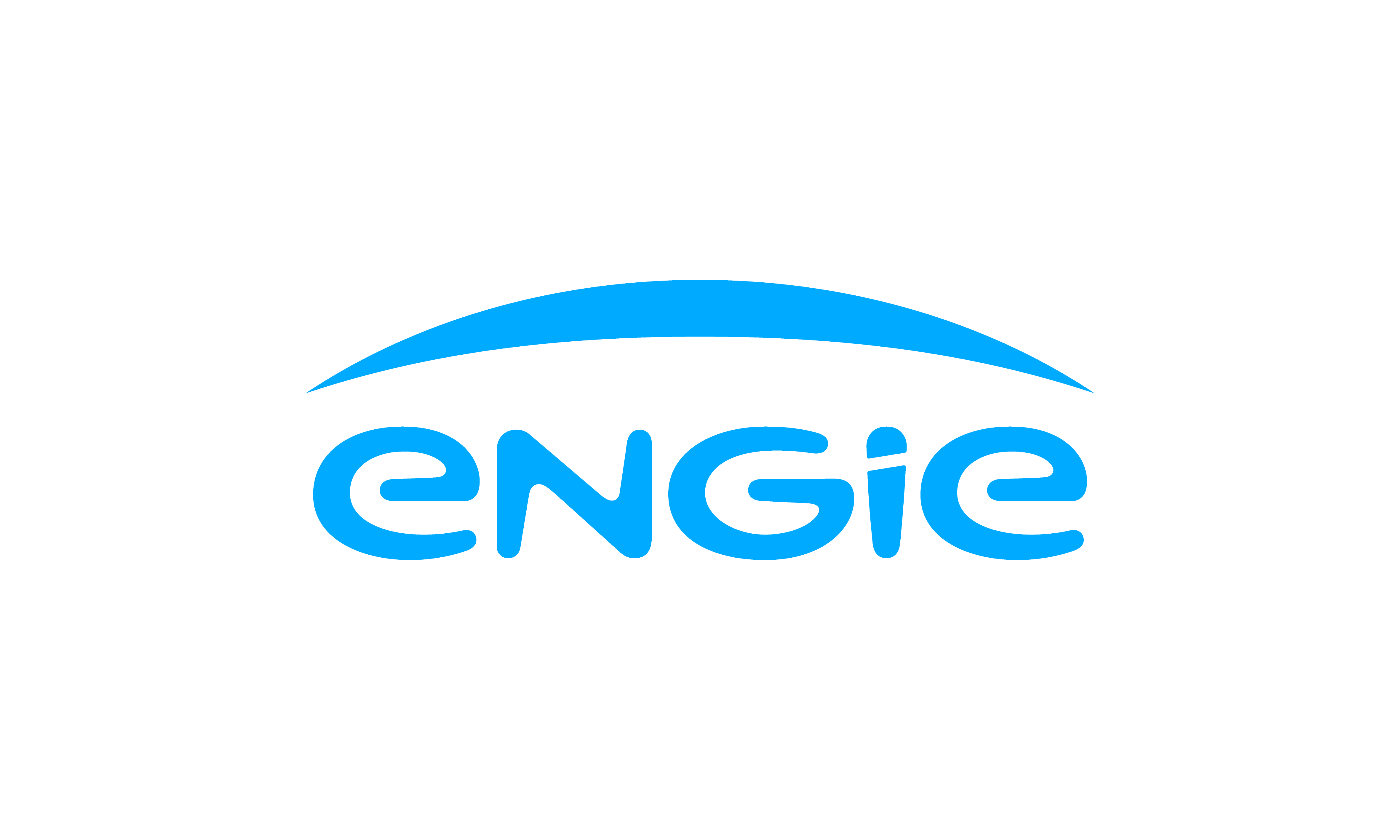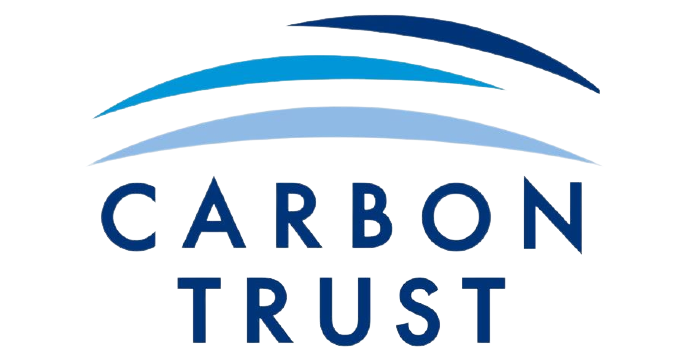25 April 2024: A leading provider of distributed infrastructure solutions, proudly announces its latest milestone: expanding renewable energy access in Nigeria, Senegal, Burkina Faso, and Cameroon through the strategic acquisition of Oolu, a prominent provider of Distributed Renewable Energy (DRE) solutions in West Africa. The strategic move marks Ignite Power’s foray into the vibrant West African market, where it aims to replicate the success it achieved across multiple countries in East and Southern Africa, positively impacting millions of lives and paving the way for a brighter, more sustainable, and inclusive future.
“We are excited to welcome the Oolu team to the Ignite Power family”, stated Yariv Cohen, Ignite Power CEO. “Oolu has built a solid business infrastructure for expansion and growth across the region. With Ignite’s proven technologies for last-mile operations, advanced SOPs, strong financial positioning, and after leading the industry across multiple markets, we are confident that we can substantially expand the impact and footprint across the wider West African region.”
In Kenya, where Ignite Power completed two strategic acquisitions last year, the company’s impact has been nothing short of revolutionary. By seamlessly integrating operations and deploying its cutting-edge technologies, Ignite’s newly acquired companies have quadrupled sales, and cut the market price by 35% in the span of 4 months, setting a new standard for excellence and affordability in the country’s distributed renewable energy sector.
Now, with the acquisition of Oolu, Ignite embarks on another chapter in its journey toward sustainable development. Oolu, a graduate of the renowned Y Combinator accelerator and a trusted provider of solar-based solutions across Nigeria, Senegal, Burkina Faso, and Cameroon, provided clean and affordable energy access to over 800,000 people through a diverse range of DRE systems, including solar home systems, productive use of energy (PUE) solutions, and commercial and industrial (C&I) projects.
“Joining the Ignite family presents a remarkable opportunity to blend oolu’s strong operational presence across West Africa with Ignite’s proven expertise and advanced technologies”, said Dan Rosa, Co-founder and CEO of Oolu. “Together, we can tap into vast opportunities, enhance our reach, and substantially increase our impact on communities across the region.”
Through this acquisition, Ignite Power also strategically enters the C&I sector, capitalizing on Oolu’s successful deployment of 3 MW across various projects and a growing portfolio of new solar projects across Nigeria. According to Vincenzo Capogna, Oolu’s CTO, “West Africa offers a wealth of potential for solar-based solutions, from last mile and residential customers to large commercial and industrial sectors. We are enthusiastic about leveraging these opportunities with Ignite to drive growth and resilience across the solar landscape.”
As the shift towards sustainable energy solutions continues, the potential for distributed solar energy in West Africa, and particularly in Nigeria, shines brighter than ever. With a rapidly expanding population and an increasing demand for reliable electricity, the Total Addressable Market (TAM) for distributed solar energy solutions in the region is vast and promising, reaching 100 million people, effectively doubling Ignite’s current addressable market.
Nigeria, being one of the largest economies in Africa, stands at the forefront of this energy revolution. With over 80 million people lacking access to reliable electricity, distributed solar energy solutions present a compelling alternative. The TAM for these solutions encompasses a wide range of sectors, including residential, commercial, and industrial; In rural areas where grid access is limited or non-existent, distributed solar energy systems offer a lifeline, powering homes, schools, and healthcare facilities. Approximately 60% of Nigeria’s rural population lacks access to electricity, representing a substantial market for off-grid solar solutions. Furthermore, in urban centers plagued by frequent power outages and unreliable grid connections, businesses are turning to solar to ensure uninterrupted operations and reduce operational costs.
The latest government decision to remove subsidies for fuel and diesel in Nigeria has further amplified the appeal of solar energy. With fuel and diesel prices increasing, businesses and households are seeking alternative energy sources to mitigate escalating energy costs. This policy shift creates vast opportunities for the solar sector to provide affordable and sustainable energy solutions across the country. Leveraging Oolu’s established operations, bolstered by Ignite’s support and expertise, the company is strategically positioned to capitalize on this burgeoning opportunity.
With extensive experience in operating under Results-Based-Financing (RBF) programs supported by the World Bank and other leading financiers, Ignite is well-positioned to deepen partnerships across West Africa. The World Bank’s commitment to bolstering rural electrification efforts, particularly in Nigeria, is evident through initiatives like the Distributed Access through Renewable Energy Scale-up (DARES) project announced in December 2023, which has a substantial budget of $750 million and aims to provide electricity access to 17.5 million people through distributed renewable energy solutions. Last week, the World Bank’s President Ajay Banga announced that the Bank will bring electricity to 250 million Africans, a major increase from its December pledge of $5 billion to connect 100 million people in Africa to power by 2030. This increased commitment aligns closely with Ignite Power’s mission to bring sustainable energy solutions to underserved communities, mirroring its successful participation in RBF programs in Mozambique, Kenya and Rwanda.
Ignite Power stands at the forefront of the distributed and renewable energy revolution, armed with a proven track record of impact, efficiency, and innovation. After positively impacting 2.5 million lives, saving more than 600,000 tonnes of GHG emissions, creating 3,500 jobs, and winning multiple industry awards, including the prestigious 2023 Zayed Prize, Ignite catalyzed economic growth and social and environmental impact at scale.
“With the acquisition of Oolu, we are one step closer to realizing our vision of a world powered by clean, sustainable, and distributed energy,” says Cohen. “Together, we will continue to defy the odds and illuminate the path to a brighter, more prosperous, and cleaner future for all.”





